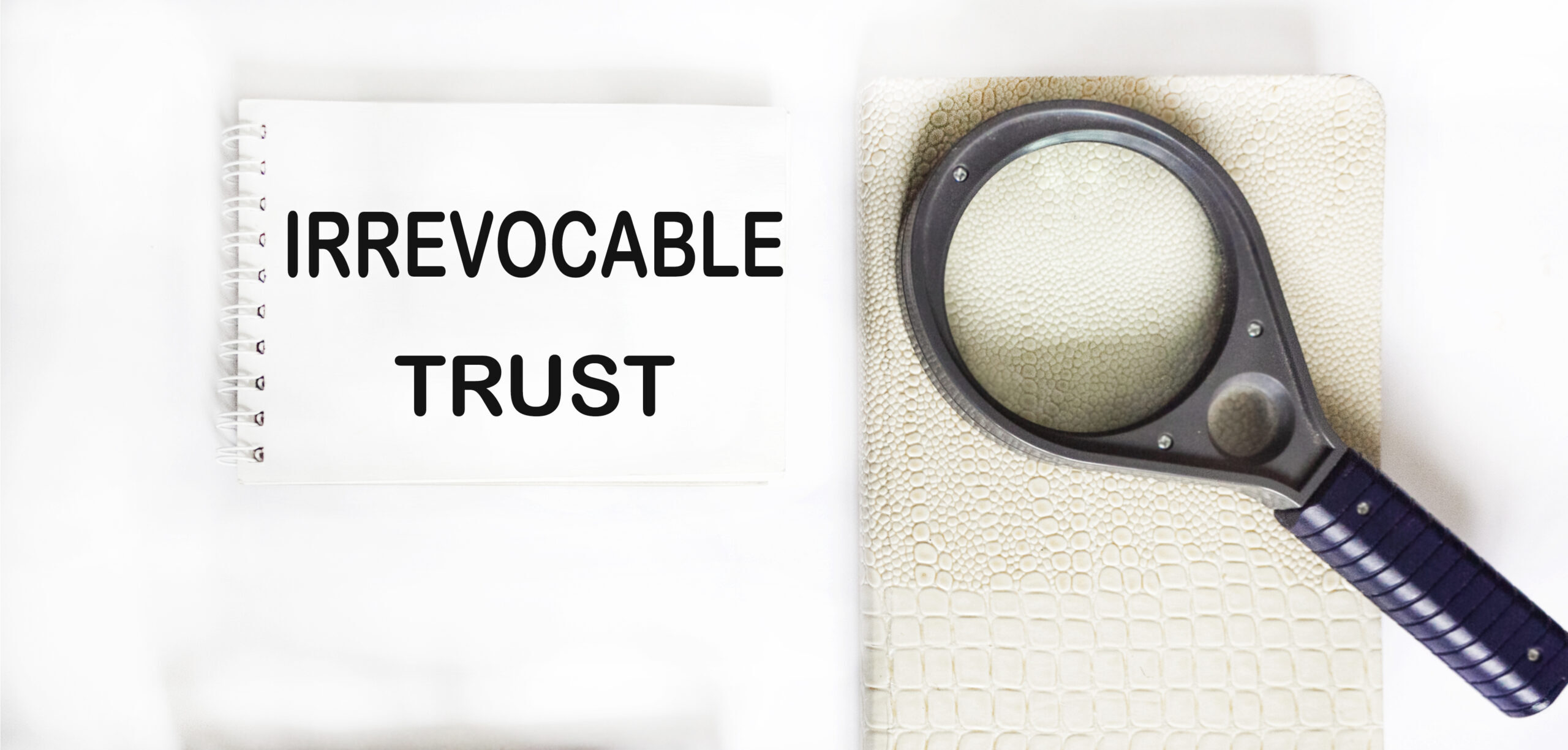What Kind of Trust Should You Establish?
If you are an adult with a family or a business in New York, it is never too early to begin planning your estate. You should have the guidance, advice, and insights a Cooperstown estate planning lawyer can provide.
Planning an estate entails making wise, informed choices and expressing those choices in binding legal documents so others follow your instructions after your death. Wills and trusts are the key estate planning documents for accomplishing these goals.
You should probably establish a revocable or irrevocable trust if you own real estate or other significant assets. A trust ensures your estate will be managed – and, after your death, distributed – according to your wishes and instructions.
What Are Irrevocable Trusts?
Someone typically establishes an irrevocable trust for a limited or specific purpose, such as asset protection, income tax reduction, estate tax reduction, or establishing or maintaining eligibility for Medicaid benefits.
Once established, your irrevocable trust cannot be revoked or revised. When you transfer assets or properties to an irrevocable trust, they must remain there and may not transfer out of the trust.
How Do Irrevocable Trusts Protect Assets?
Asset protection is the leading reason people set up irrevocable trusts. When you move an asset or property to your irrevocable trust, that property or asset is no longer “legally” yours. The trust becomes the legal owner, so the asset is protected from creditors and any judgments against you.
To enhance that protection, you may include in your irrevocable trust an instruction to the trustee to terminate permanently or temporarily any distribution of assets to a beneficiary if that beneficiary files a bankruptcy petition or ends up on the wrong end of a lawsuit.
How Do You Establish an Irrevocable Trust in New York?
The first step to preparing an irrevocable trust in New York State is meeting with an experienced Cooperstown trust attorney who will review your estate and circumstances and help you determine your estate planning goals. Then, you will:
- Select a trustee: You’ll choose a third party to manage your irrevocable trust.
- Name beneficiaries: You’ll determine who will receive assets from the trust.
- Prepare the trust: You and your trust attorney will write the trust document.
The final step is transferring assets and properties into your irrevocable trust. Transferring those assets and properties protects them from creditors, judgments, and the probate process.
Who is the Grantor? What Are the Trustee’s Duties?
The individual who establishes an irrevocable trust and transfers assets into it is called a “grantor.” A grantor must designate a trustee to manage the trust and one or more beneficiaries to receive the trust’s properties and assets after the grantor has passed away.
Any adult may act as your trustee. Choose someone responsible and honest with some financial experience and knowledge. You may also consider naming your bank, financial advisor, or attorney to serve as your trustee.
If you and your Cooperstown estate planning lawyer determine that an irrevocable trust is right for you, your lawyer will personalize the trust document to meet your specific needs. When you’ve established the trust, you will decide which assets to transfer into it.
Which Assets Should You Transfer?
Although everyone’s financial situation is unique, generally speaking, the assets you may safely transfer to your irrevocable trust include life insurance, real estate, and cash, along with some of your bonds, stocks, and mutual funds:
- Life insurance: When you transfer a life insurance policy to an irrevocable trust, after five years, the policy’s cash value is no longer counted by Medicaid. This gives the grantor, in some cases, eligibility for Medicaid benefits.
- Real estate: Real estate holdings are appropriate assets to transfer to your irrevocable trust. While your trust legally owns your properties, you continue to have the use of those properties.
- Cash: Transferring cash to your irrevocable trust is always a safe and wise choice. You incur no adverse tax consequences when you transfer cash into your irrevocable trust.
- Additional assets: If you have accumulated substantial savings and investments, transferring some of your bonds, stocks, and mutual funds to your irrevocable trust is also a safe and wise choice.
Qualified retirement plans may not be transferred to an irrevocable trust because only an individual may own a qualified retirement account. If you transfer a retirement account to your trust, penalties will probably be assessed, and income tax will be due.
What Else Should You Know About Irrevocable Trusts?
When a grantor passes away, the trustee assumes responsibility for the management of an irrevocable trust. It can be a challenging task, but a Cooperstown trust attorney can provide a trustee with sound advice about trust administration whenever that advice is needed.
There are different trusts for different situations. Revocable trusts are appropriate for some individuals and families. Irrevocable trusts are better for others, and for many people in New York, a last will is appropriate for their estate planning needs.
A trust or a will is only one element of the comprehensive estate plan you and your loved ones may need. Without proper estate planning, a New York probate court or the Internal Revenue Service could seize a substantial portion of your family’s wealth after your death.
Let Lauren Glynn Law Help You Plan Your Estate
After learning your goals and reviewing your estate, Cooperstown attorney Lauren Glynn can set up an irrevocable trust – or prepare a comprehensive estate plan – that gives your assets maximum protection and your loved ones financial security now and for years to come.
At Lauren Glynn Law, we help you and your family prepare for the future. Attorney Lauren Glynn is an estate planning professional committed to helping families in the Cooperstown area protect their estates and prepare for unexpected events and circumstances.
We cannot know the future, but Lauren Glynn Law can help you prepare for it. Find out more about preparing an irrevocable trust or a comprehensive estate plan. Contact attorney Lauren Glynn by calling Lauren Glynn Law at 607-303-6554 to book your free discovery call.




